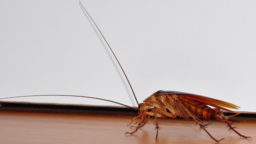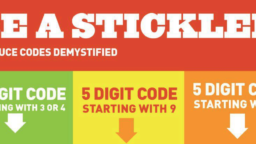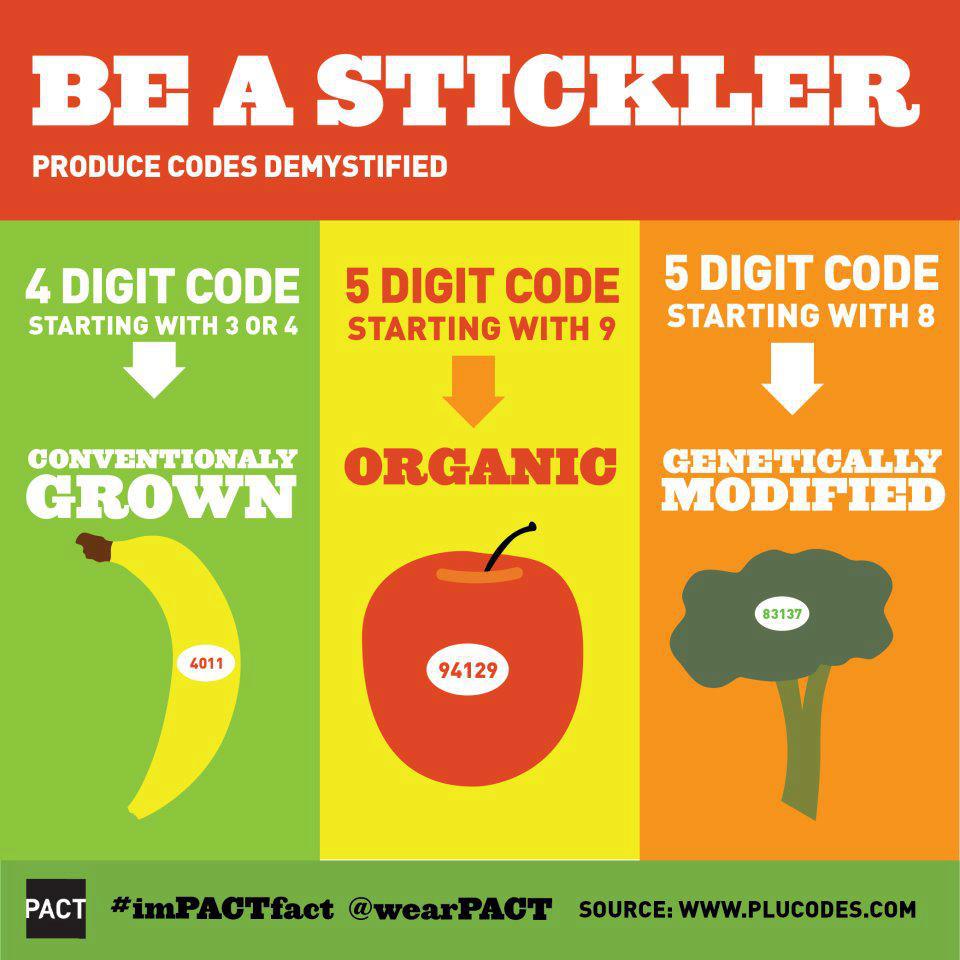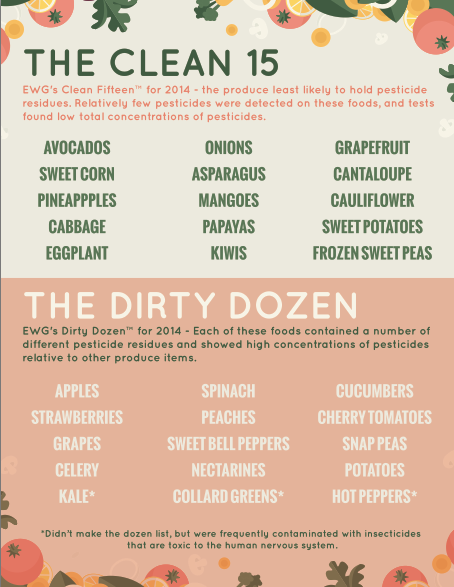Having a garden and growing your own vegetables and herbs can be a great way to stay healthy. It will undoubtedly increase the amount of fresh greens in your diet, provide you with safe alternative to treat illness, and for most it will give them more time out in the fresh air. But if your garden is full of toxins, then the plants will inevitably contain toxins, and ultimately you will consume these toxins and be in a worse state then if you hadn’t had spent all that time and energy growing unhealthy foods. Here are a few tips to keep toxins out of your garden, improving the health of the soil, plants, and you.
Pest Treatment
One of the primary sources for harmful toxins in the garden is pesticides that are intentionally applied. Sometimes people want to grow an organic garden, but then when they have a hard time controlling pests they start to compromise, telling themselves that they will just do it this once, or even giving up on it all together thinking that organic gardening is just for people with greener thumbs than themselves. But pests can be controlled without the use of toxic pesticides, and even with limited use of organic pesticides by planting a variety of crops, planning heirloom seeds for your area, and maintaining soil health.
Avoiding Wood Treatment
I have seen over and over again people build raised beds with treated lumber. While modern wood treatments are less toxic than before and don’t use arsenic that is easily absorbed into the body, they still use chemicals that are potential harmful with long term exposure. Worse yet is that people who use treated lumber will more than likely use exterior paint as well. Just read the warning label on a can of paint, it’s not reassuring.
Plastics
Plastics are great, they make much of our modern life easier if not possible. But they can break down over time, especially when exposed to the sun, and leach out harmful chemicals. Don’t use more plastics in your garden than you need to, and replace sun damaged plastic before it breaks down into tiny difficult to remove shards that will contaminate your soil. Some of the common offenders are plastic braided twine for treles that crumbles over time and is impossible to get out of the soil, black weed cloth which is horrible and offers none of the benefits that can be had with cardboard and woodchips, and plastic beverage bottles that people poke holes in and use as slow watering devices.
Your garden can’t keep you healthy if don’t keep it healthy, and an unhealthy garden still requires your work and time. So take simple precautions and strategies to remove harmful toxins from your garden and start eating to your health.
If you liked this, you might also enjoy…




